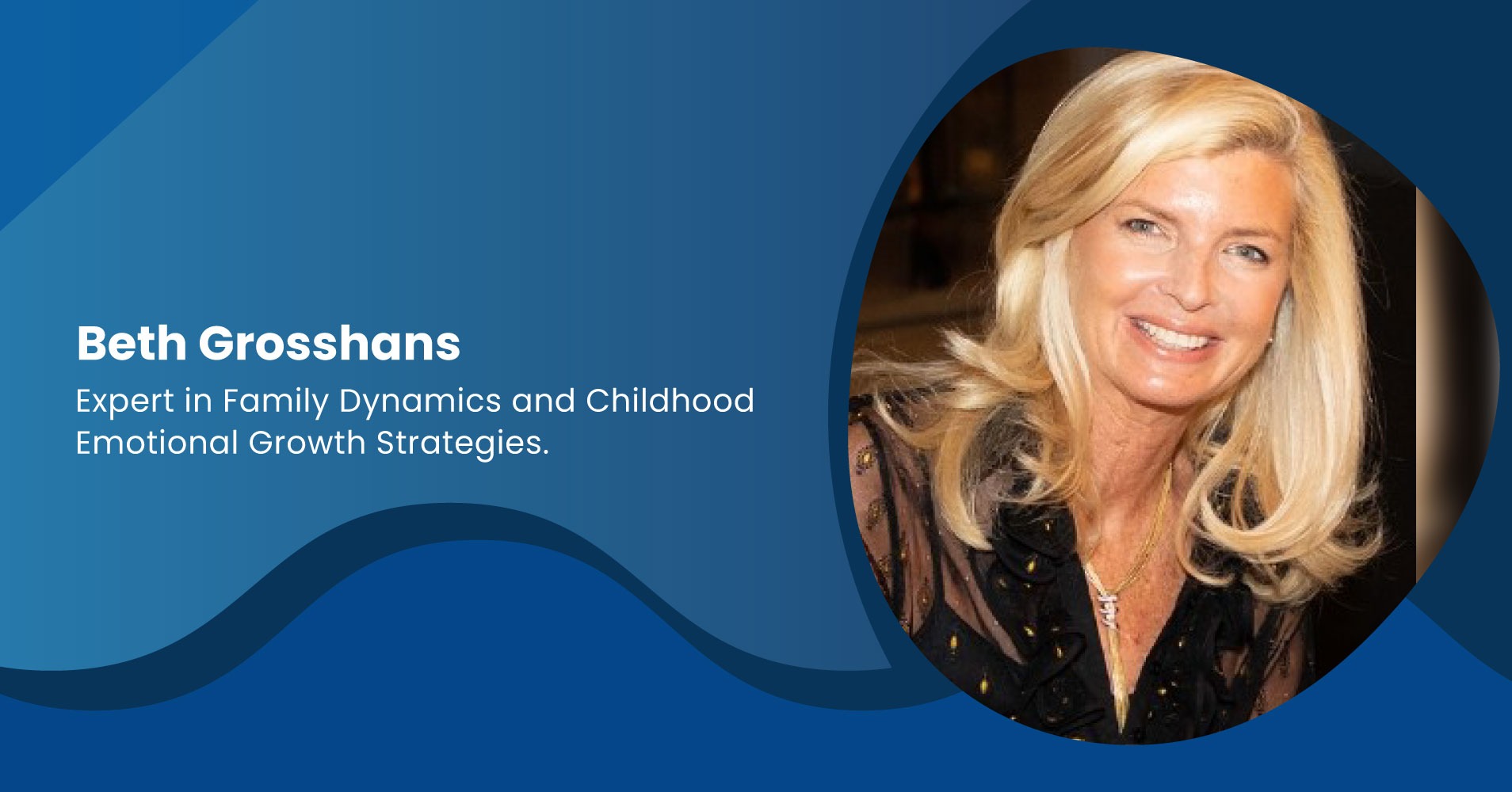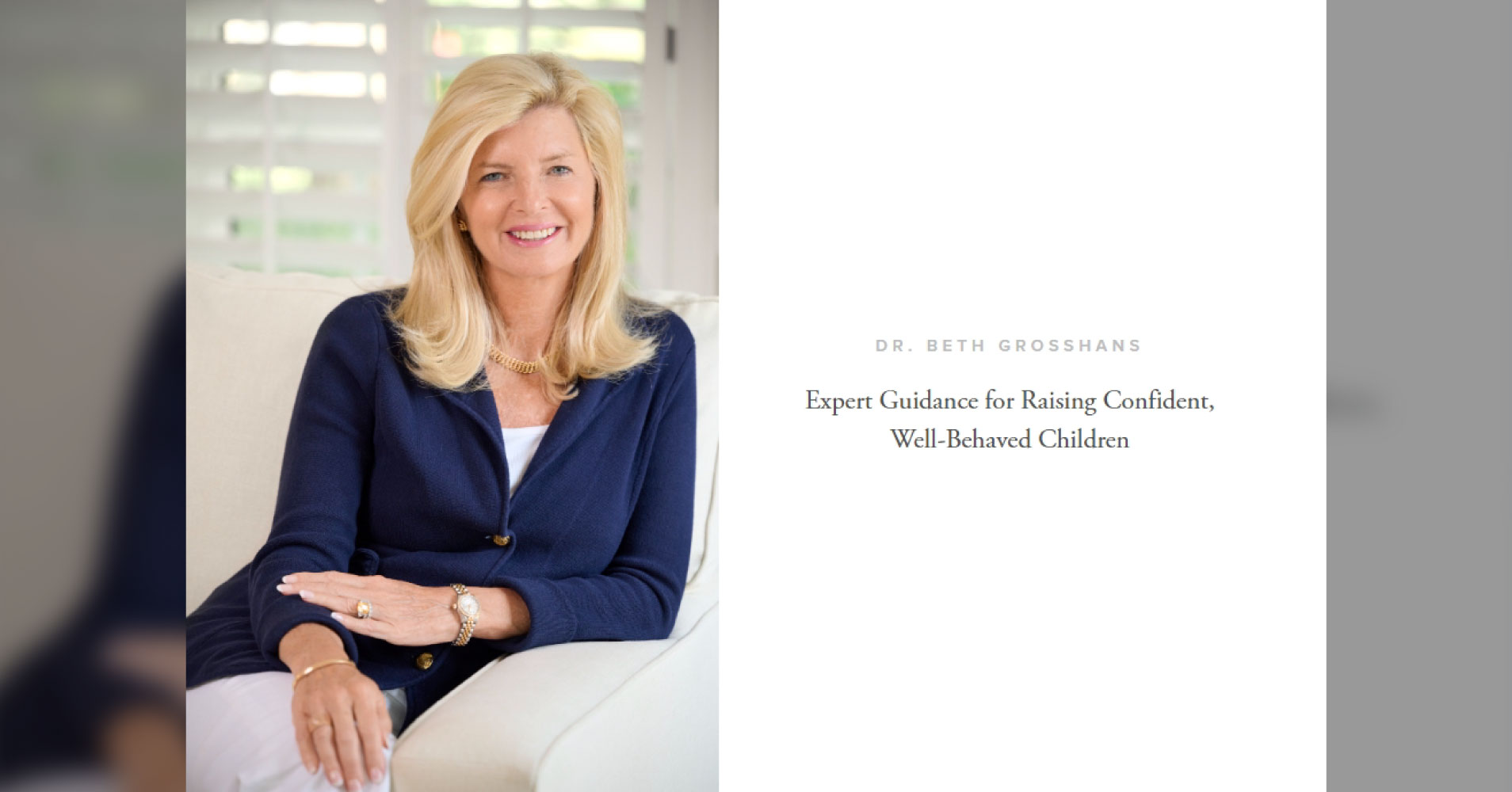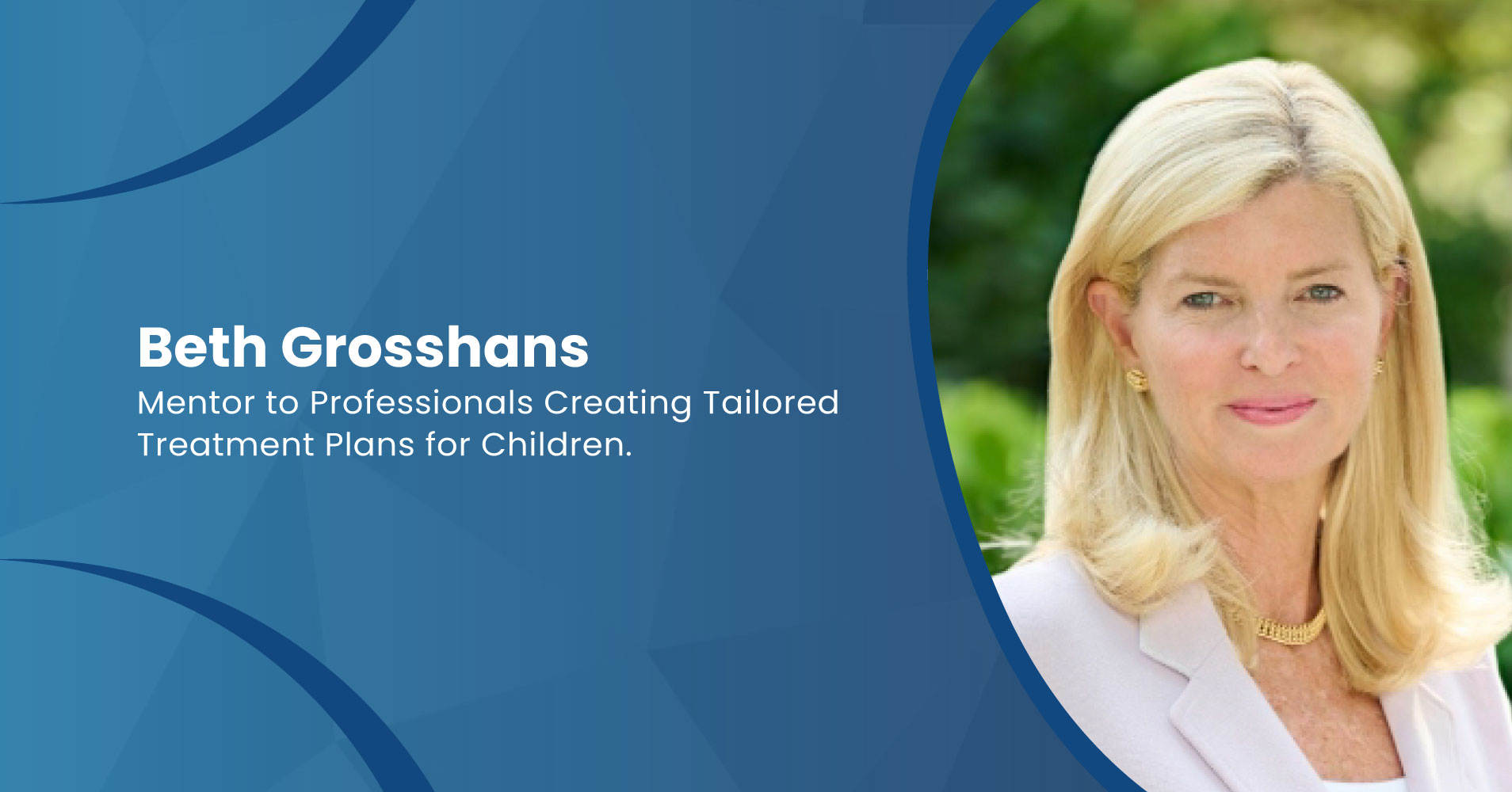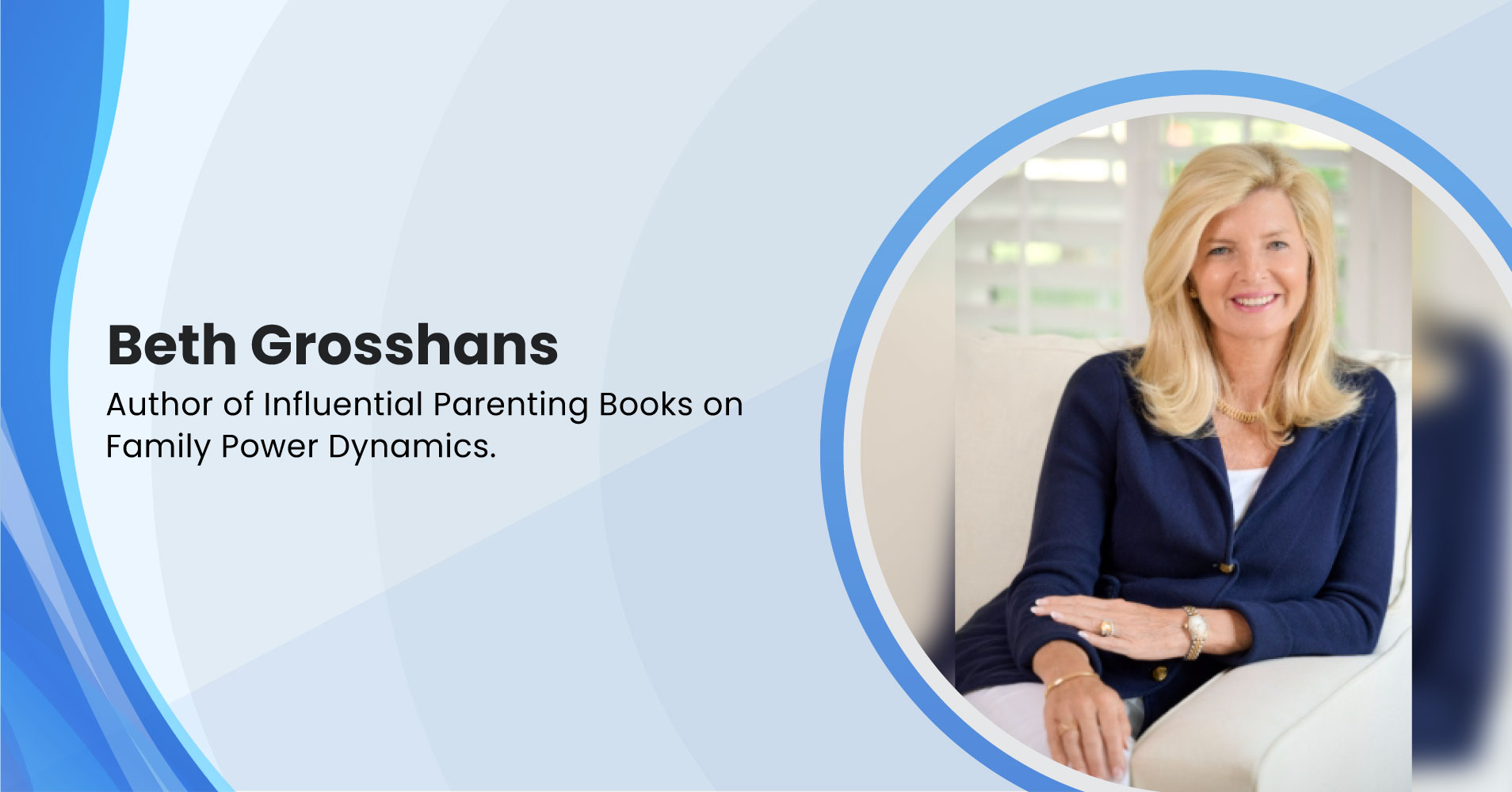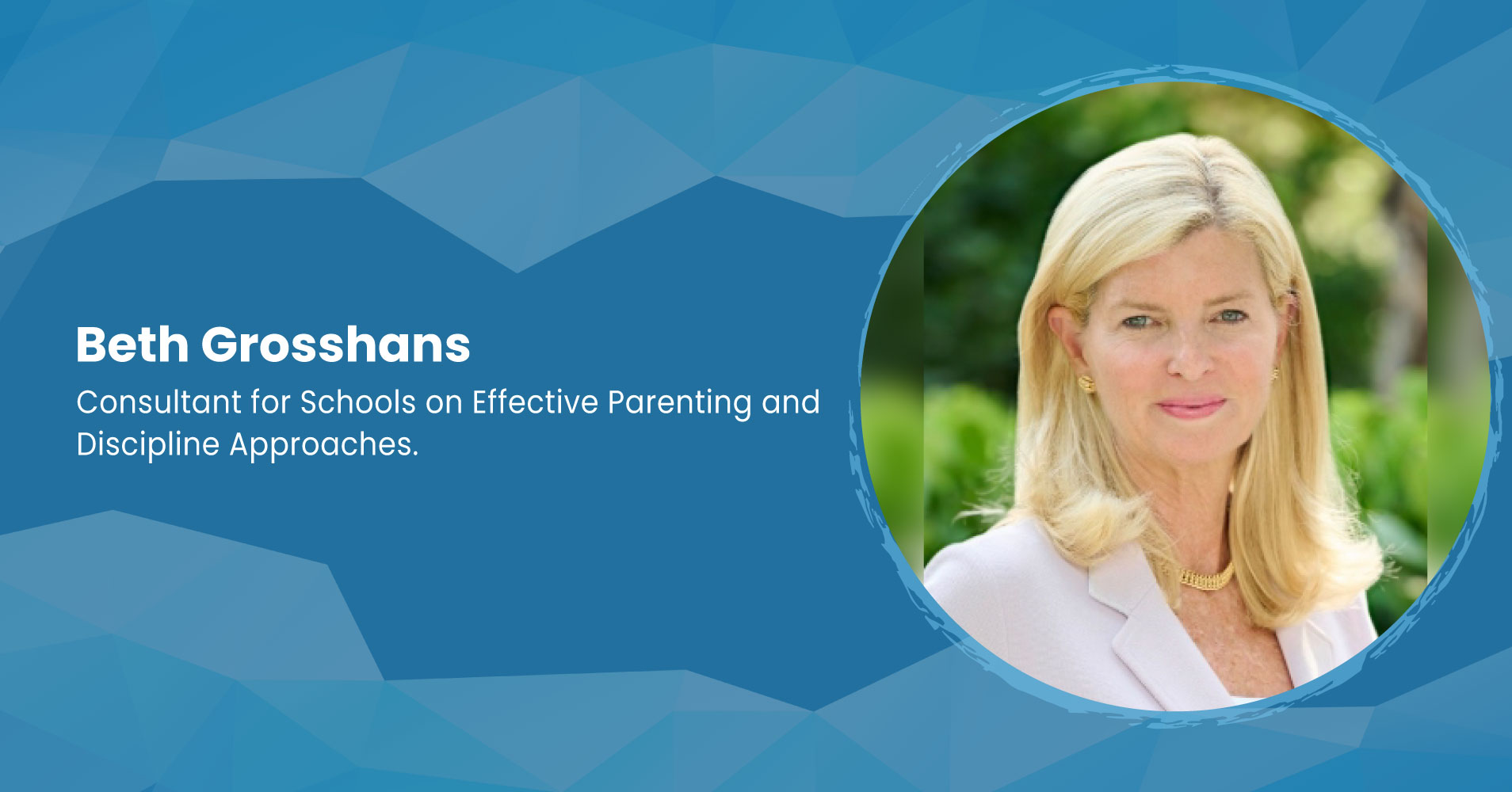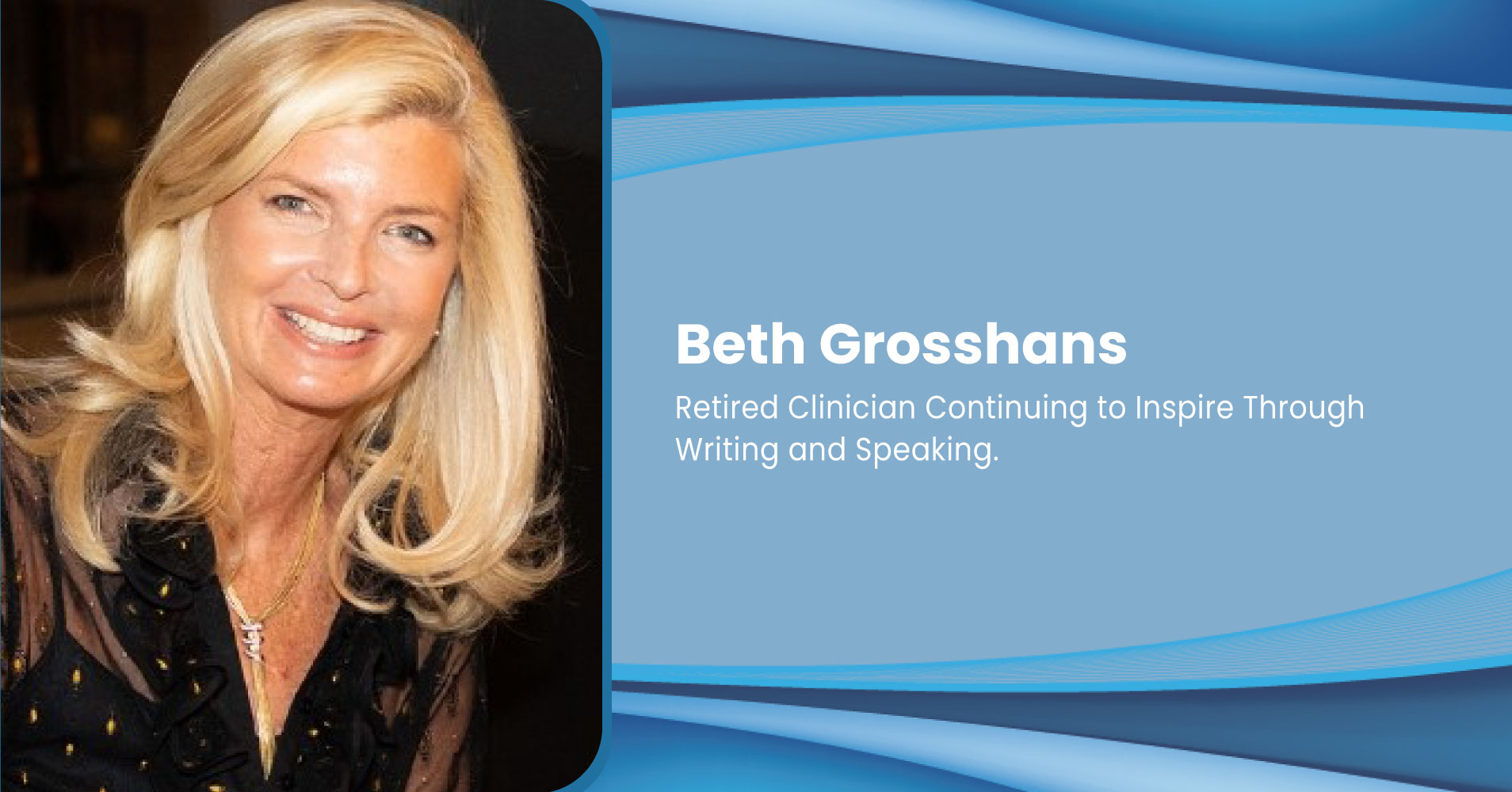Hello!
Beth Grosshans
Author and Clinical Child Psychologist
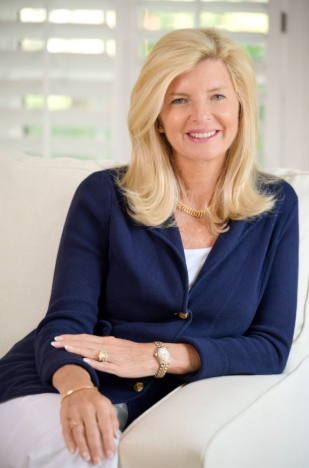
About Me
Navigating the complexities of childhood can present significant hurdles for families. Many parents find themselves grappling with children who exhibit intense temperamental outbursts or resist reasoning. Disrespectful and demanding behaviors can create further strain. Additionally, childhood anxiety can transform everyday occurrences, such as attending school or birthday parties, into sources of considerable stress. Challenges surrounding sleep, eating, and toileting are also frequently encountered, leading some children to avoid, refuse, or make excessive demands on their parents.
The journey of fostering essential life skills in children, encompassing self-control, respect, cooperation, independent sleep, and healthy eating habits, can leave parents feeling overwhelmed and uncertain about the most effective path forward. Recognizing this profound need, Beth Grosshans, a dedicated professional in the field, has made it her mission to equip these families with the insights and practical strategies necessary to overcome these developmental and behavioral obstacles.
Beth Grosshans laid her academic groundwork by earning a B.A. in Psychology from The University of Cincinnati. Her commitment to in-depth knowledge led her to Ohio State University, where she obtained both her Master’s degree and Ph.D. in Clinical Child Psychology.
Her transition into the professional realm began with an internship at the esteemed Boston Children’s Hospital and Judge Baker's Children’s Center psychiatric inpatient unit. This pivotal experience allowed her to apply her extensive academic learning in a real-world setting, benefiting from the mentorship of leading experts at Harvard Medical School.
Learn MoreRecent News
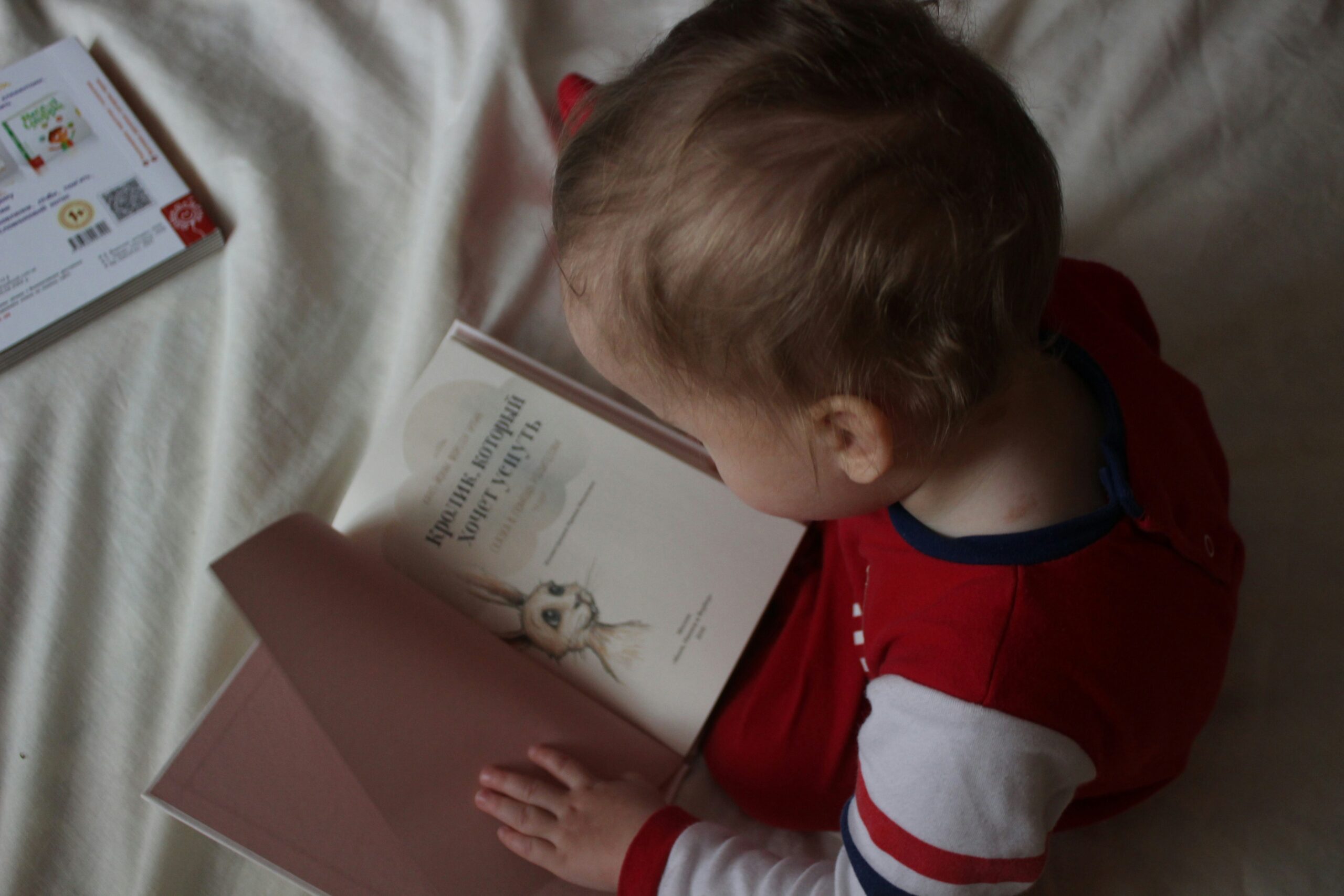
January 1, 2026
How to Foster a Love for Reading in Your Child
Helping your child develop strong reading habits can shape their future in powerful ways. When you foster a love for reading early, you give your child tools for learning, imagination, and emotional growth. Reading supports school success, builds confidence, and creates lifelong curiosity. Most importantly, it brings joy. Many parents worry because their child prefers […]

December 1, 2025
Essential Parenting Books by a Leading Clinical Child Psychologist
Parents seek clear, trustworthy guidance as they navigate raising children in a complex world. The most essential parenting books, written by or recommended by a leading clinical child psychologist, offer science-backed strategies to support emotional growth, behavior management, and overall well-being. These books provide direct advice, proven methods, and compassionate solutions. They also help parents […]

November 4, 2025
Guiding Young Minds: The Role of a Clinical Child Psychologist
Clinical child psychologists are trained professionals who specialize in assessing, diagnosing, and treating psychological, emotional, and behavioral issues in children and adolescents. Their work often involves understanding how a child’s mind develops and how environmental, social, and familial factors influence emotional well-being. These psychologists help children navigate challenges ranging from anxiety, depression, and ADHD to […]

October 2, 2025
The Storyteller’s Clinic: Balancing Writing and Child Psychology
Balancing life as a writer and a clinical child psychologist is akin to living in two worlds simultaneously. One world requires precise focus on children’s mental health, guiding them through anxiety, trauma, or developmental challenges. The other world thrives on imagination, where stories take shape through characters, settings, and conflict. These worlds may seem distant, […]
